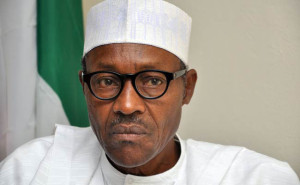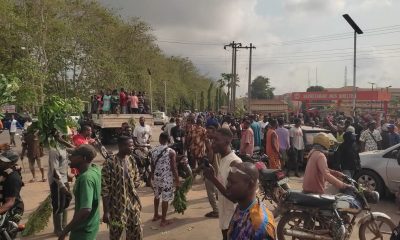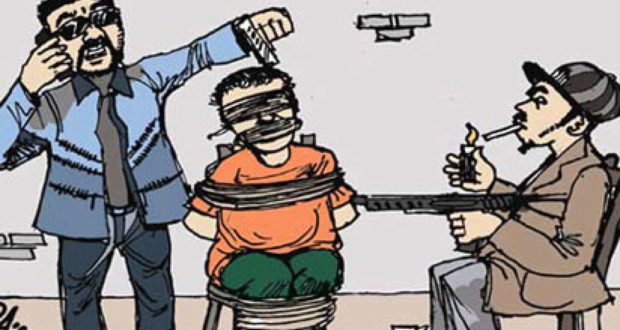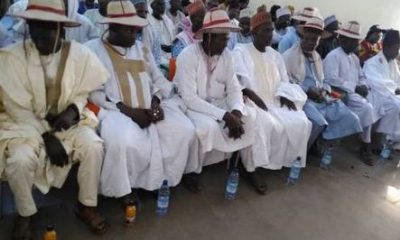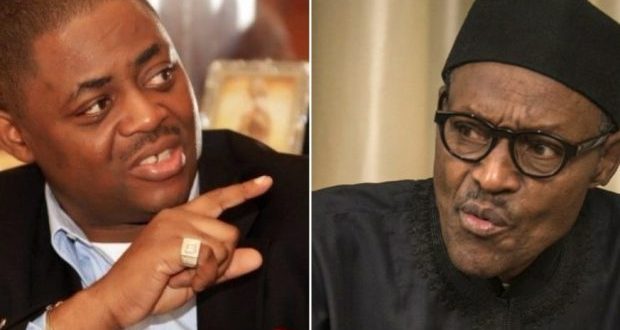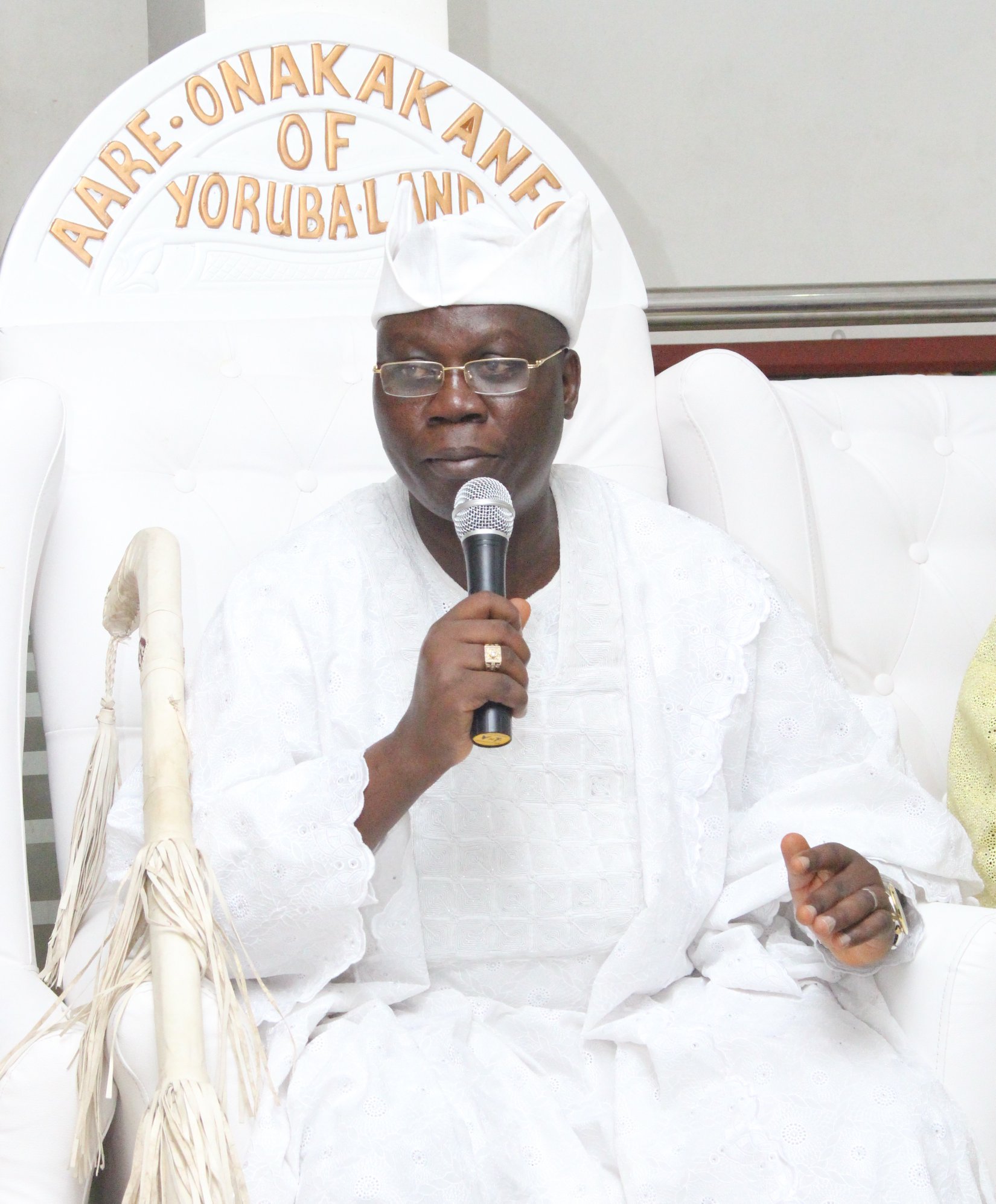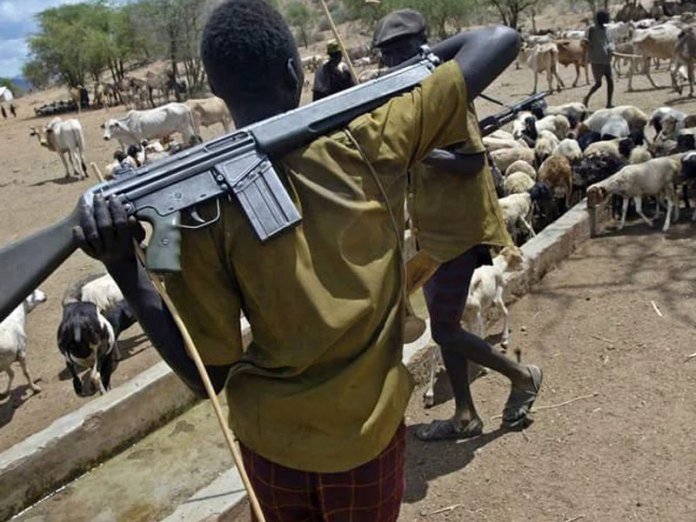News
Lest we Forget, the Fulani Are Not the Problem By Aniebo Nwamu
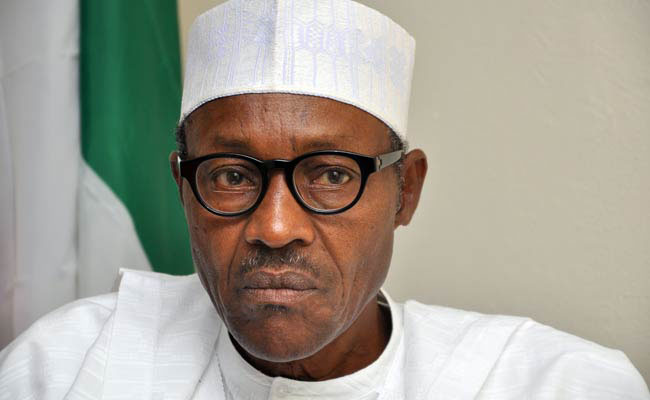
Some of my most trusted friends are Hausa-Fulani Muslims. Though I’m not a Fulani, Hausa or Muslim, I do understand and speak a smattering of Hausa and Fulfulde. To congratulate someone on achieving something, I often prefer to say “Alhamdulilahi!”, and when the recipient seems lost I tell them I mean “To God be the glory!” I’m sure the number of people who share a similar attribute in Nigeria is not insignificant. So, when some pen warriors, “imams” and “bishops” try to sow seeds of ethnic and religious hatred, they do so in vain.
Southern Kaduna is in flames today not because of ethnic differences but because of widespread poverty in the land. Hunger causes anger that is rarely rational. That’s why politicians usually use street urchins to cause mayhem when it suits them. Given as little as N500, a street kid could kill and destroy targets. His own life is worth little, so he has no regard for human life.
The monumental poverty in Nigeria is taking its toll. There is a lack of governance – government’s presence is not felt in most parts of the country. Members of the country’s elite have, in their quest for power, whipped up ethnic and religious sentiments among their own peoples. Poorly educated, ignorant and poor, the commoners are unable to resist their oppressors or even understand that they are being manipulated.
Suddenly, there is no longer the “one north” that Sardauna Bello preached about. People that have lived together for centuries and intermarried have become “enemies” because some are Fulani and some are non-Fulani. Yet there are Fulani Christians, Hausa Christians, Angas Muslims, Tiv Muslims and Igbo Muslims. In a town in Enugu State, Ibagwa, are Fulani people who speak the Ibagwa dialect (Igbo) even better than the indigenes. In fact, they are indigenes because all of them were born there; their ancestors migrated to Ibagwa more than a century ago. Similarly, in parts of Kwara State live some Fulani who cannot speak Hausa or Fulfulde as their grandparents did.
What has happened? It’s not today that the rustic Fulani started valuing their cattle; herding cattle has been their main source of livelihood for centuries. When their cattle strayed into farmlands, they had almost always apologised to the victims or even paid them compensation. Their culture requires that they move about with swords and arrows mainly for self-defence and defence of their cattle against predators.
We hear that 808 people had been killed in southern Kaduna by December. NEMA has just announced that “only” 204 were killed. The contest then is in the number of those killed, not whether hundreds of human beings have been wasted for no cause. What other fact proves that Nigeria is not a nation? Does that show there is a government in place? When one person gets killed in America or the UK, the president or prime minister leads the entire nation in mourning. Thousands get killed here and nothing is heard except for some tantrums in the social media.
Nigeria’s breakup will come someday, but it will not happen by force of arms. The economy is gradually yielding to the quest of campaigners for the country’s disintegration. When oil becomes useless or is discovered in other parts of the country, there will be little resistance. My fear is that Nigeria may simply dissolve. When governance disappears at every level and anarchy takes over, we may have not just four or six nations but perhaps 400 nations out of Nigeria.
We should stop demonising the Fulani. The first law of nature is survival. Everyone is struggling to stay alive in a country that doesn’t take care of its citizens. I’ve read some scathing articles against “Fulani herdsmen” who are “pampered” by their fellow Fulani at the helm of affairs. Unfair.
Lest we forget, let me remind the critics, especially those born less than 50 years ago, that the war on Biafra was levied and fought mainly by the non-Fulani and the non-Muslims. At the time the war that killed 3million [more informed people say 5million] Nigerians was fought, the head of state was Yakubu Gowon. TY Danjuma, J Gomwalk, Joe Garba and JA Kpera also fought gallantly.
My own father Anikwe Nwamu was shot by Christians from “one north” – they came from today’s Benue, Kogi and Plateau axis – at a spot not far from where Chukwuma Kaduna Nzeogwu was felled also. Biafra’s efforts were undermined by many from neighbouring Benue and Kogi because they understood Igbo language and had the same physical appearance as the Igbo. There is no denying that the war on Biafra was won by soldiers from the middle belt most of whom were Christians and non-Fulani.
Those whose fathers and uncles fought the senseless war are the ones now trying to paint “Fulani herdsmen” black. And the ill-informed or young people from the south are gobbling up everything! Sad. Kids who read nonsenses in the social media should begin to seek the truth elsewhere. There exist criminals in every ethnic group or race, but the majority of Fulani are very nice people.
There’s need for our brothers from the Middle Belt (including southern Kaduna) to make Nigerian unity stronger. It’s unfortunate that their brothers participated in all the military coups staged on the Nigerian soil since after the war. Many were killed after their coup failed. In the case of the abortive coup of April 22, 1990, Major GG Orkar announced the excision of seven core northern states which, he said, had oppressed the southern and central Nigeria.
There will be fewer “ethnic” and “religious” clashes across the country when governance is taken to the grass roots and maintenance of security is left in the hands of grassroots people. For two decades now, we’ve argued over state police without making any headway. Individuals now have their own police guards, but local and state governments cannot. The local government system has not been allowed to work for one day. Yet we pretend that all is well with Nigeria.
I blame it all on incompetent leadership. Imagine a situation where most of all police, DSS, NIA, and other institutions’ personnel were hired to work in their hometowns or places they had lived in for at least 15 years. There would be few armed robberies or attacks by “Fulani herdsmen” or Boko Haram because security would be in the hands of each community.
Today, we expect Governor Nasir el-Rufai to know what happens in every part of Kaduna State. We expect President Muhammadu Buhari to know all the inhabitants of Sambisa Forest and how people live in the creeks of the Niger Delta. Since our borders are left open to terrorists from Libya, Mali, Chad and elsewhere, there is no stopping the killer “herdsmen”. About 20 years ago, there was a plan to redeploy all policemen from the rank of constable to inspector to their home villages; the policy was abandoned shortly after. And we’ve kept doing the same thing but expecting different results – a sure symptom of madness.
No, Nigeria won’t work so long as it’s run this way! “Power to the people” should not be a mere slogan. Nor should we expect “change” without structural reforms.
-

 News4 days ago
News4 days agoInsecurity: Kogi Schools Resume On Monday
-

 Opinion4 days ago
Opinion4 days agoDon’t Pull the Plug: Why Nigerians Are Pleading for the U.S. to Extend Its Police Training Program — and Why It Must Synergize With New Military Arrivals
-

 Crime3 days ago
Crime3 days agoVigilante Reportedly Shoots Colleague Dead In Plateau
-
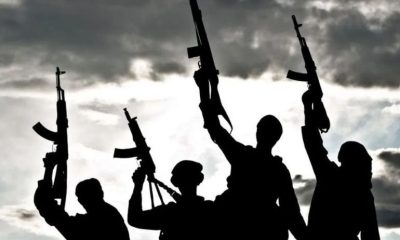
 Crime4 days ago
Crime4 days agoMan Shot Dead In Ambush Along Jol-Sho Road In Plateau

